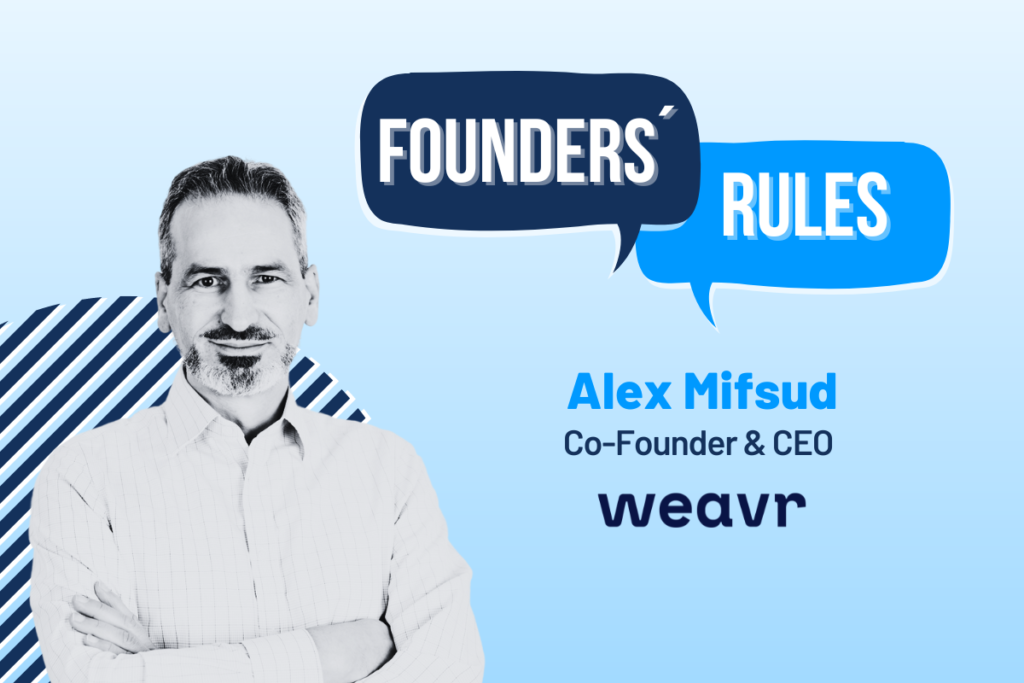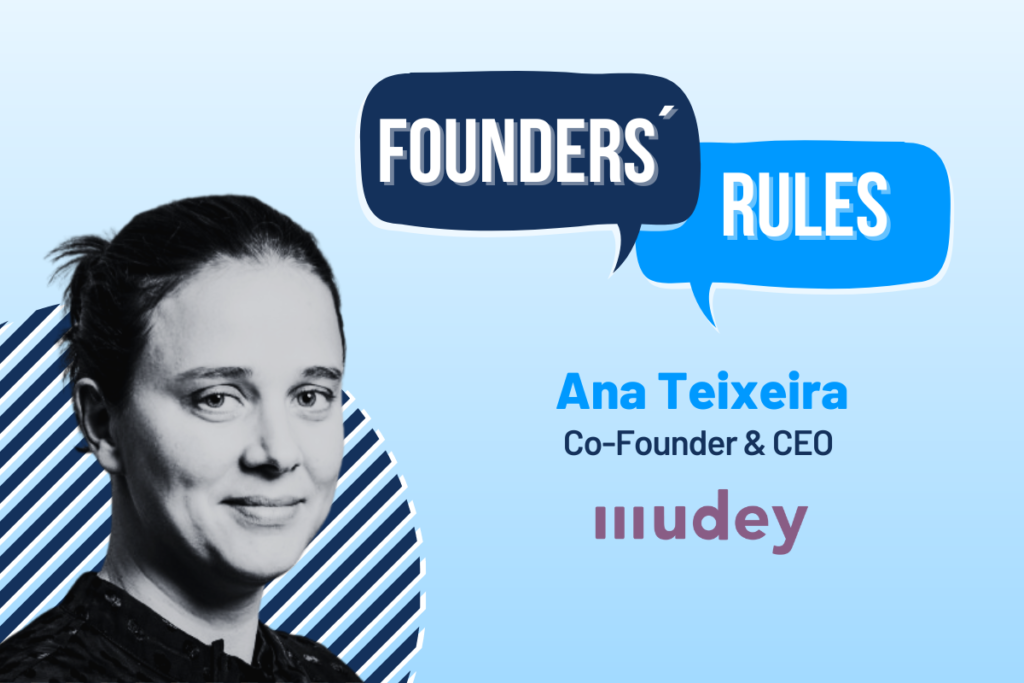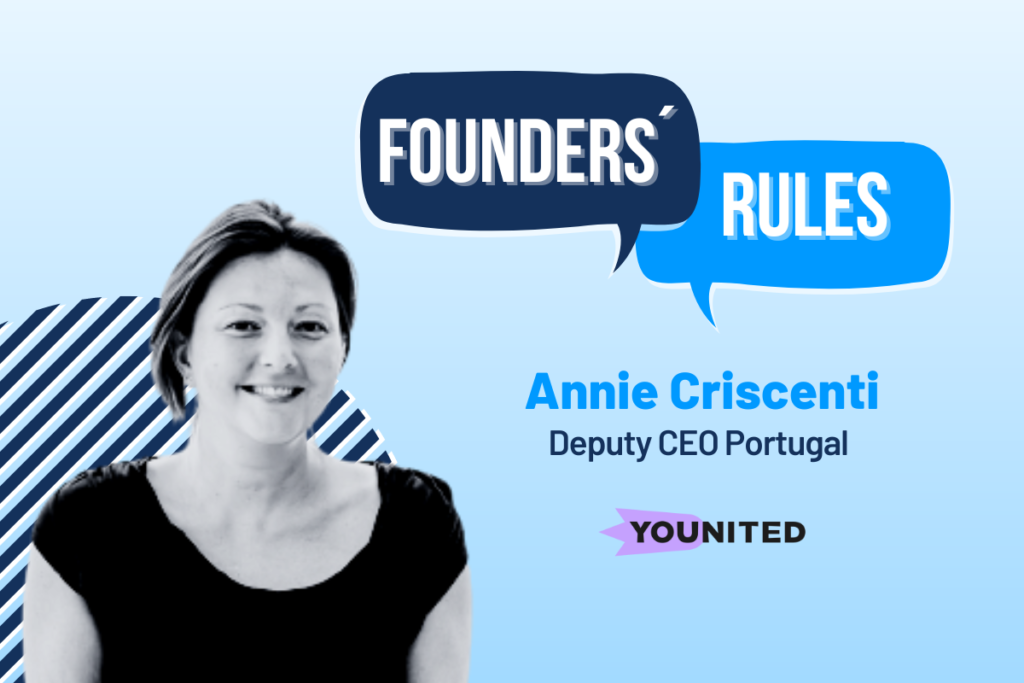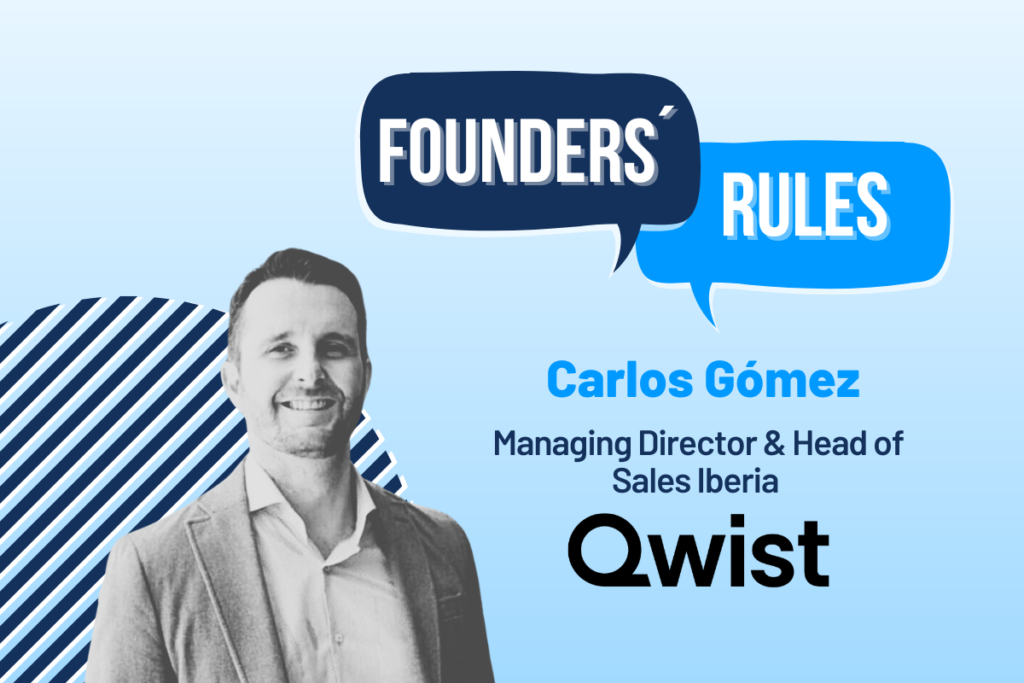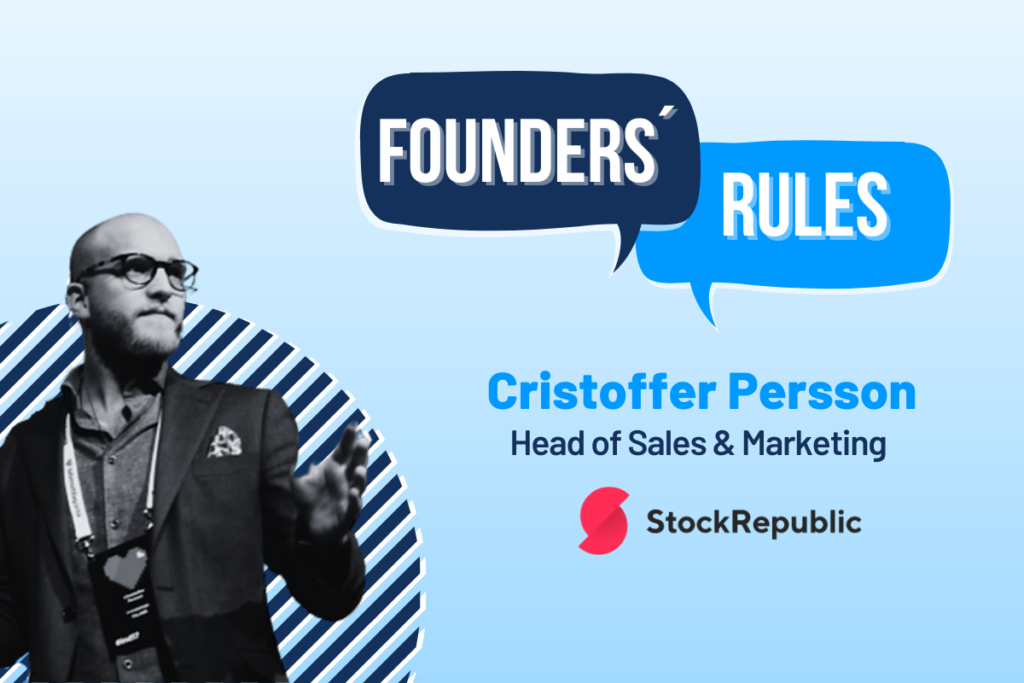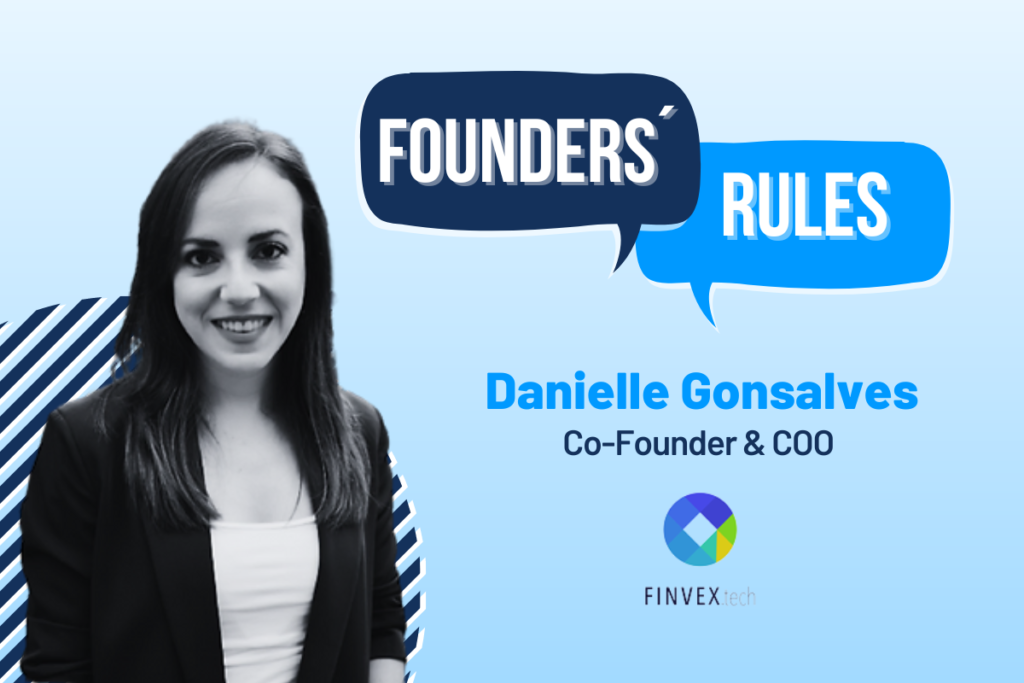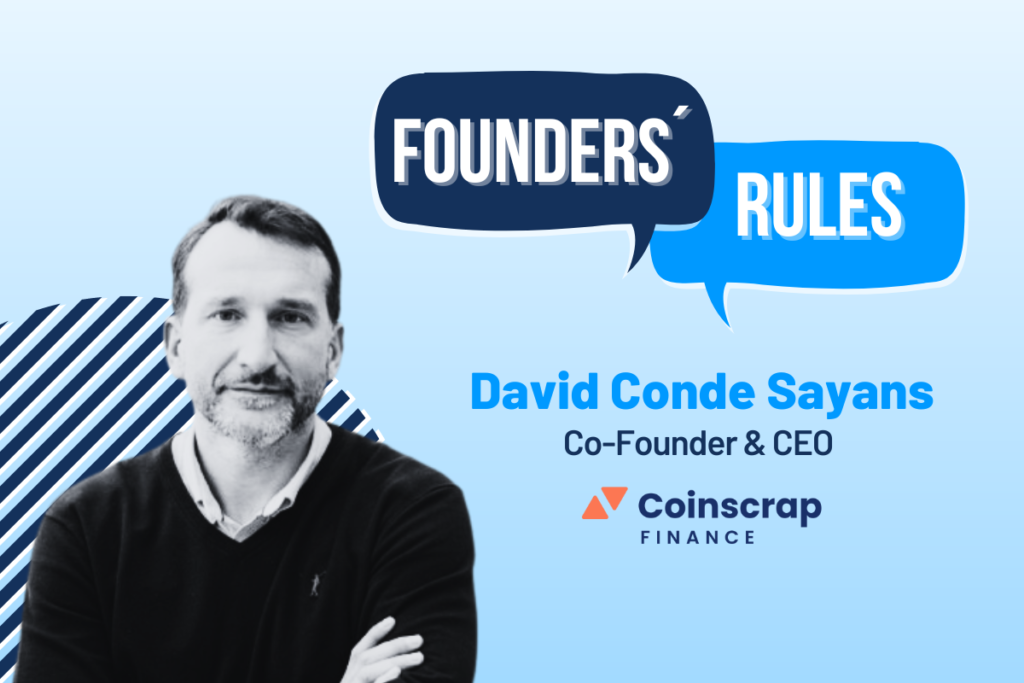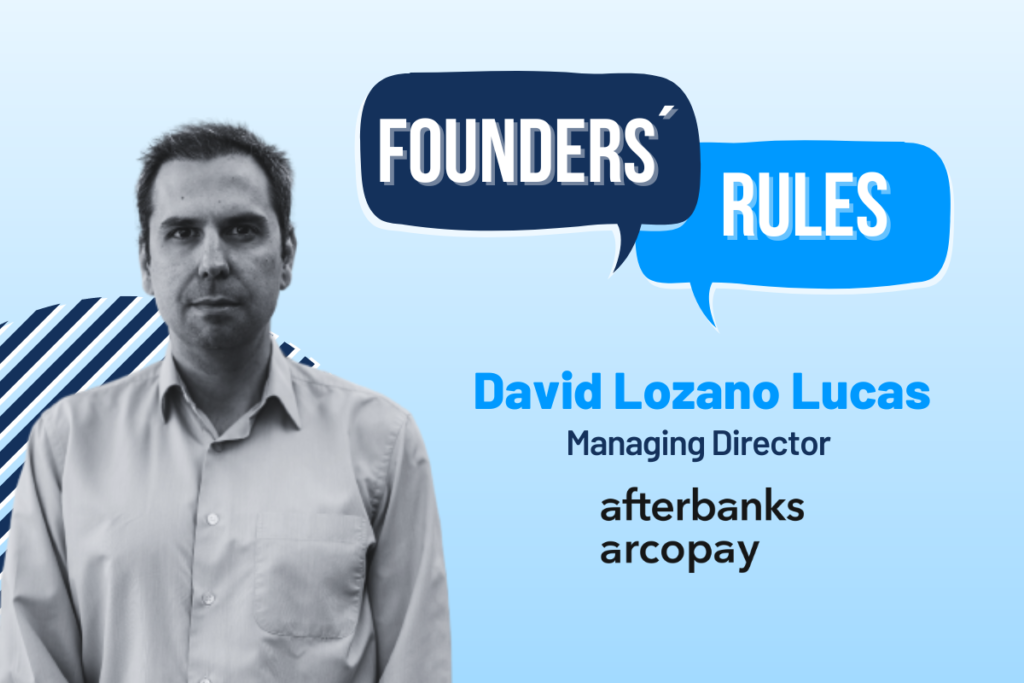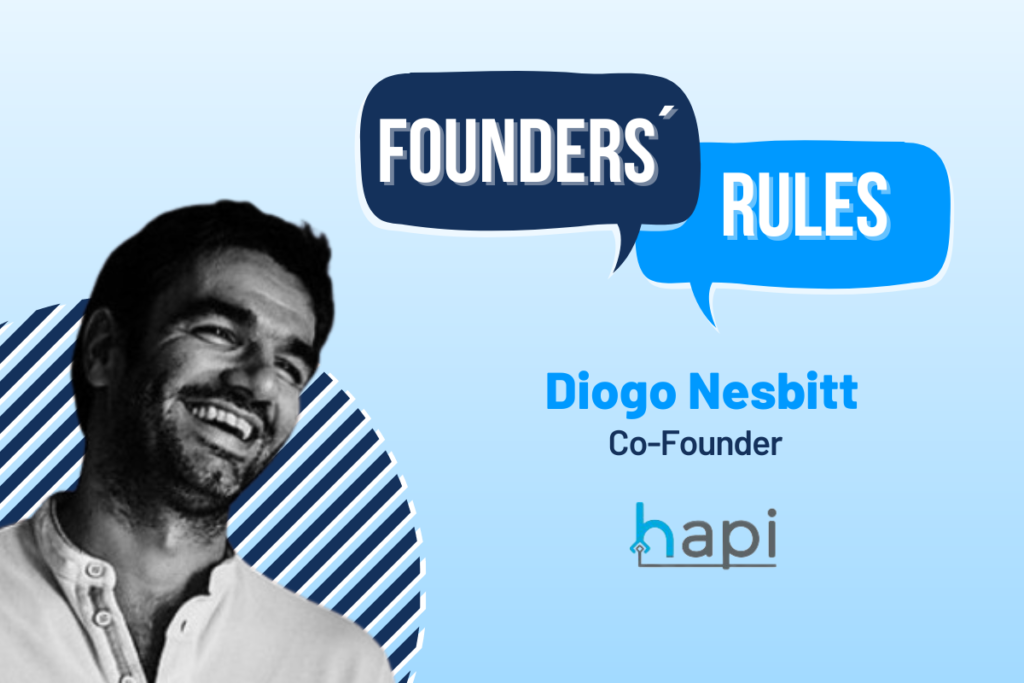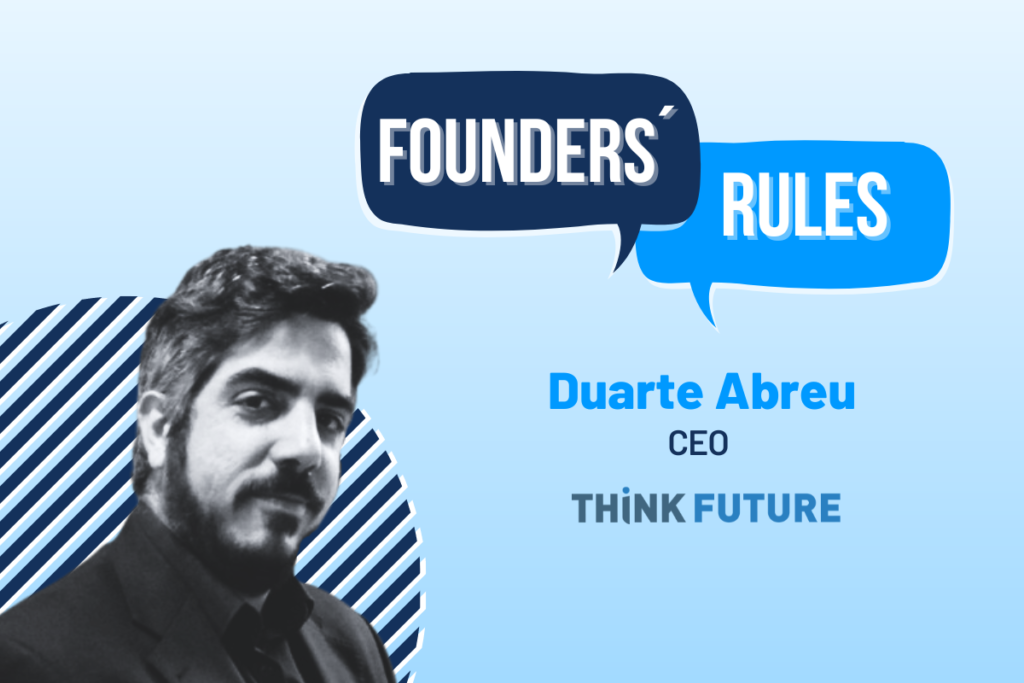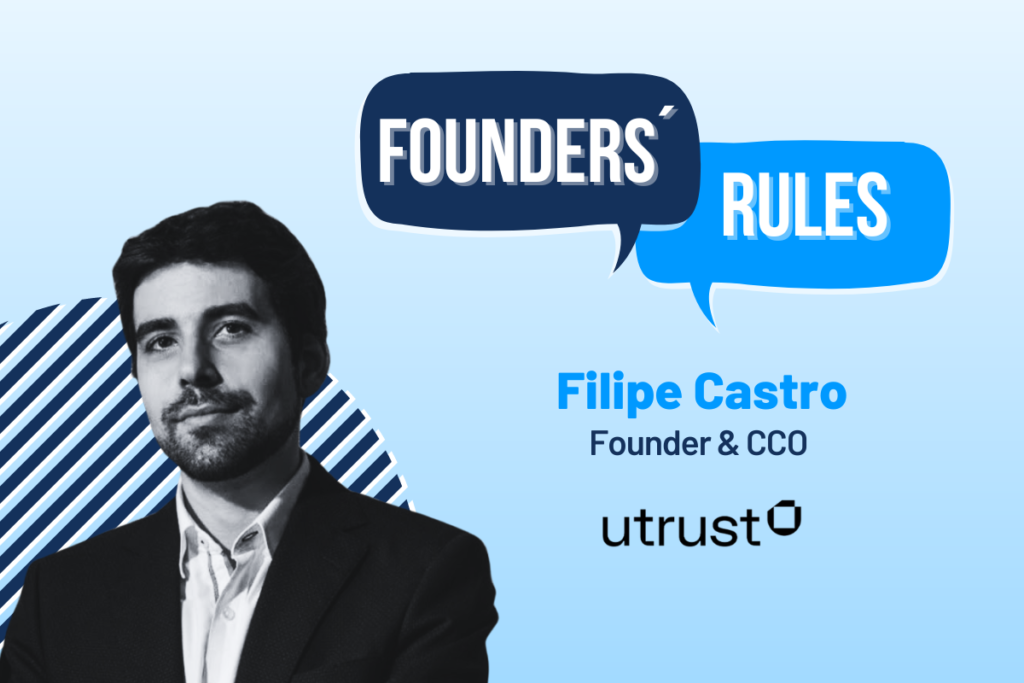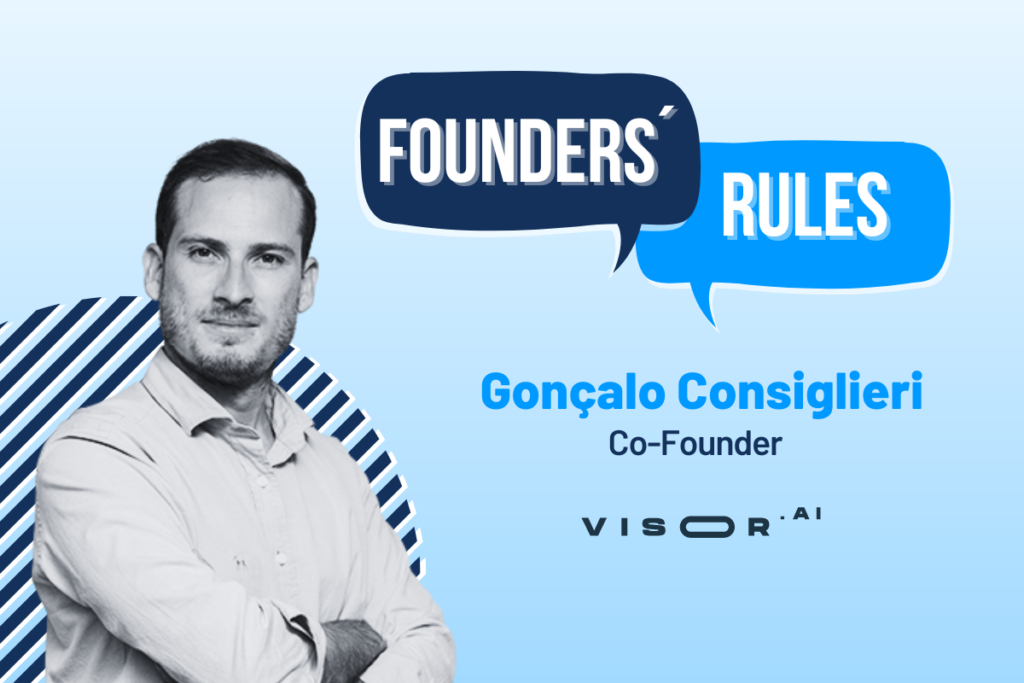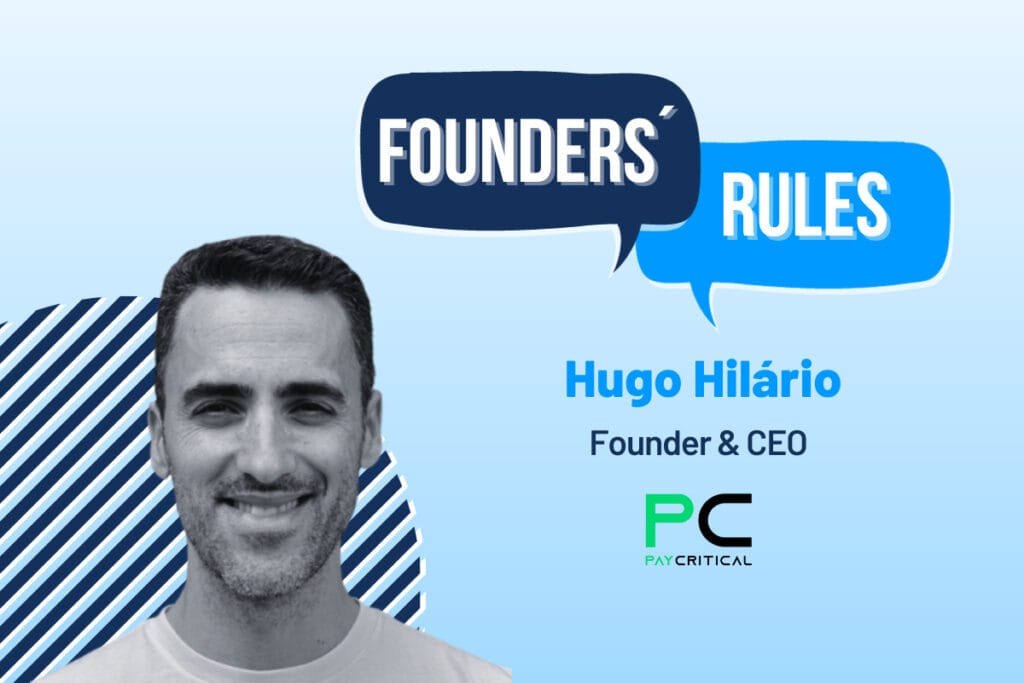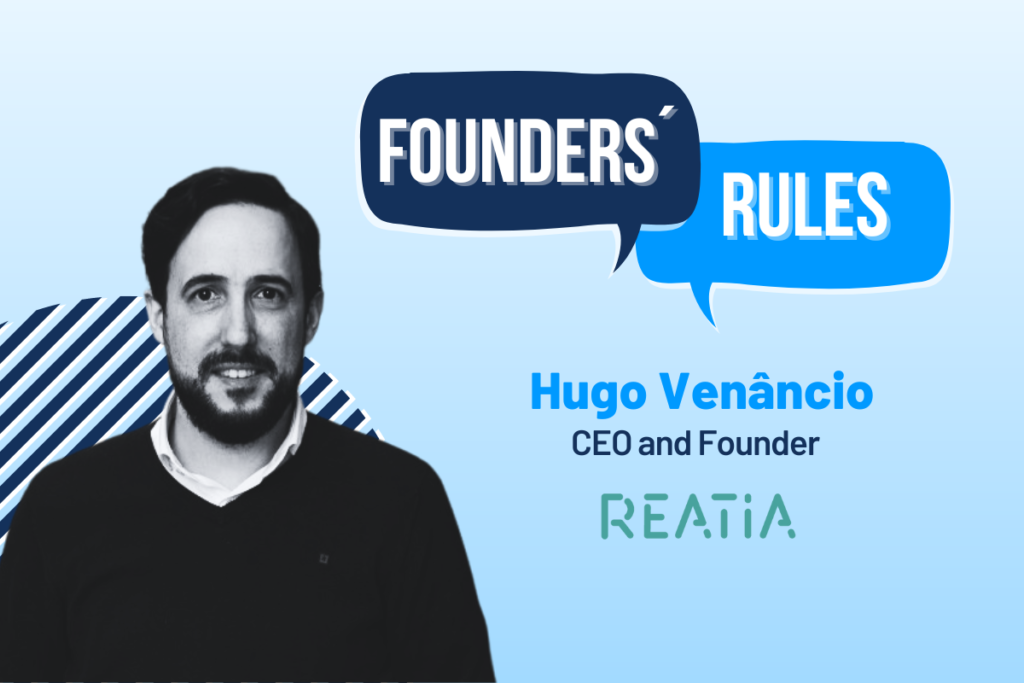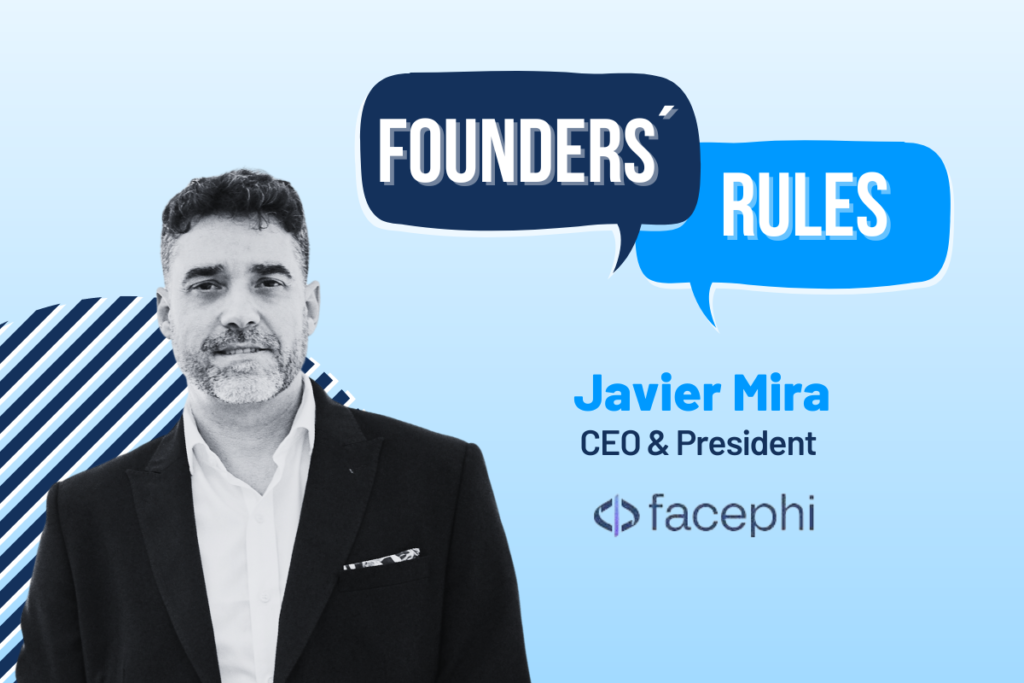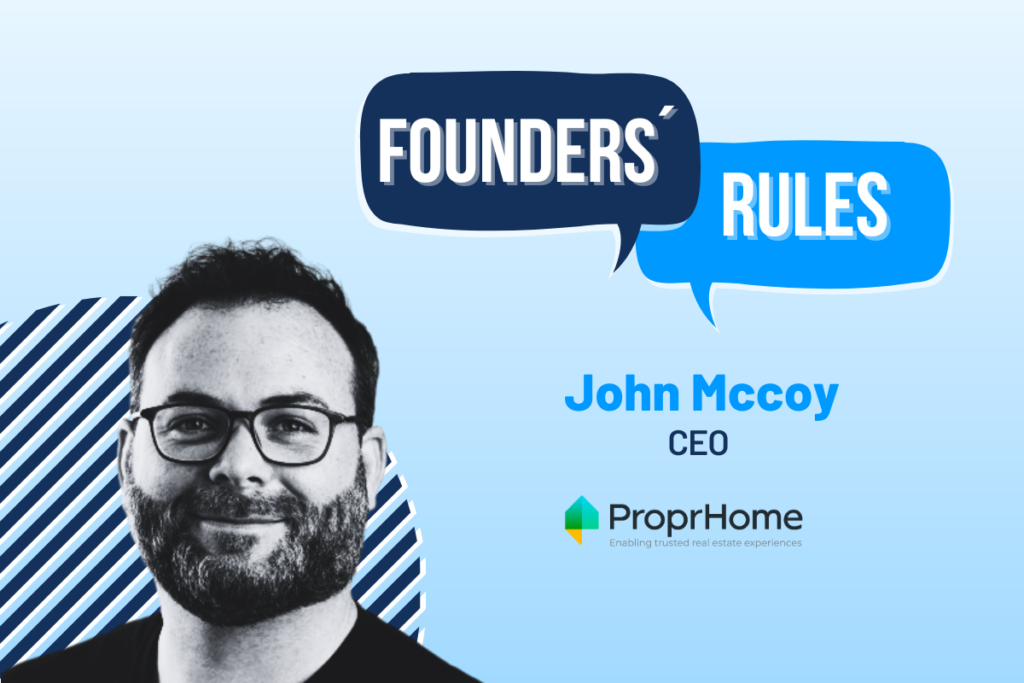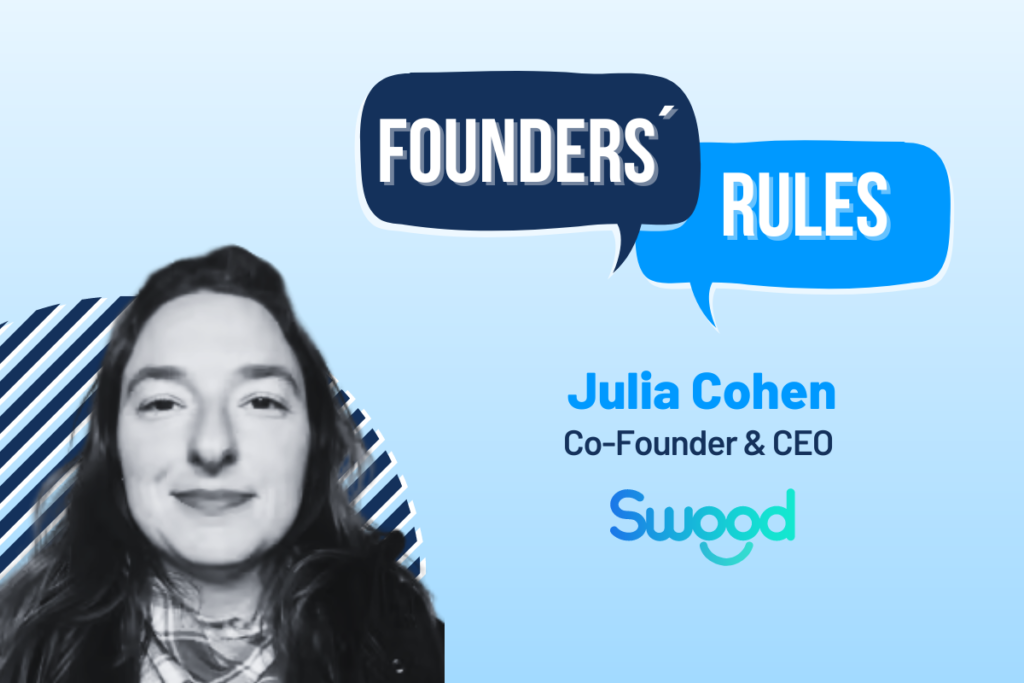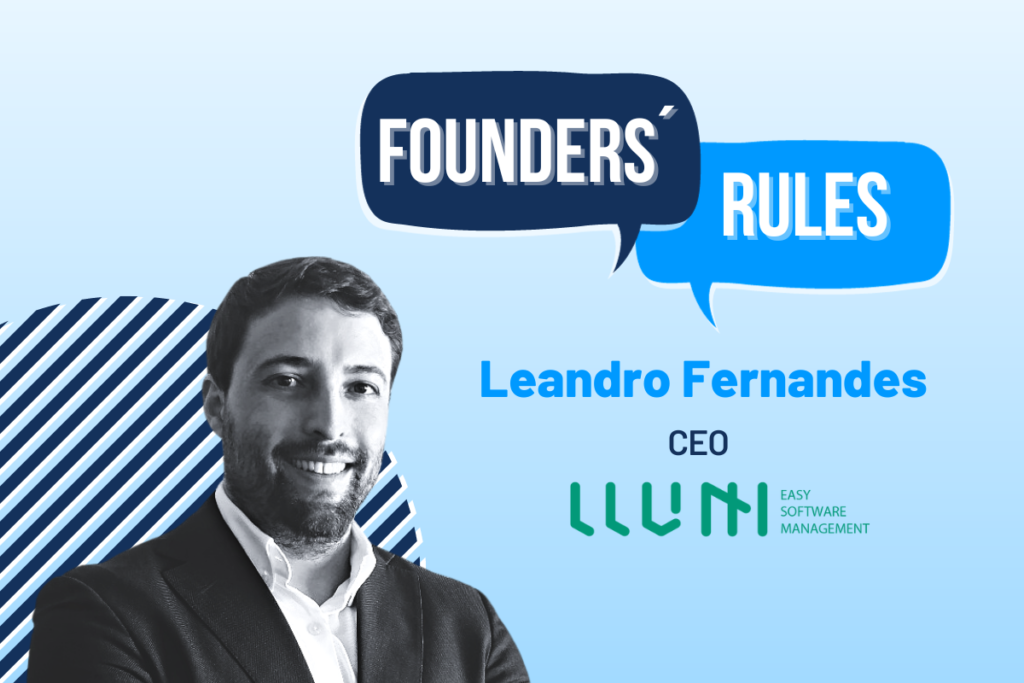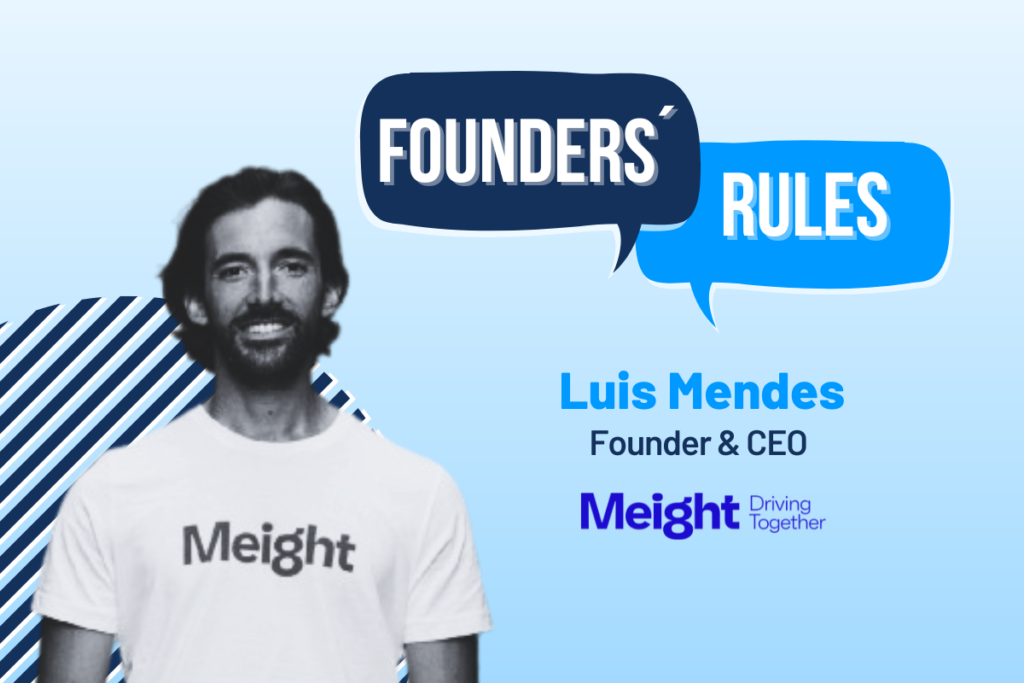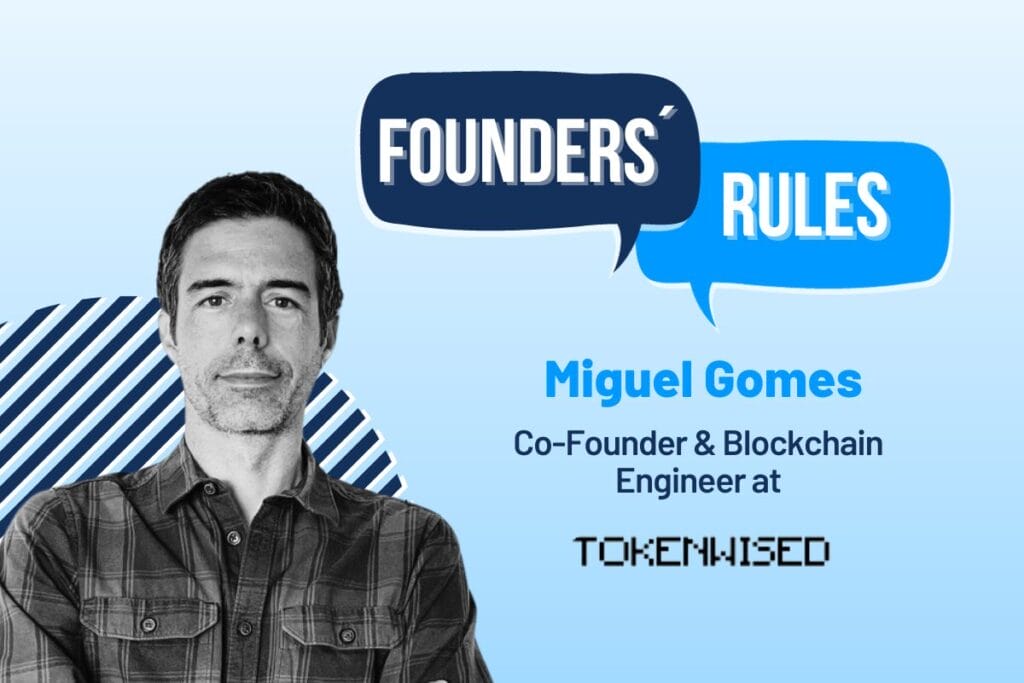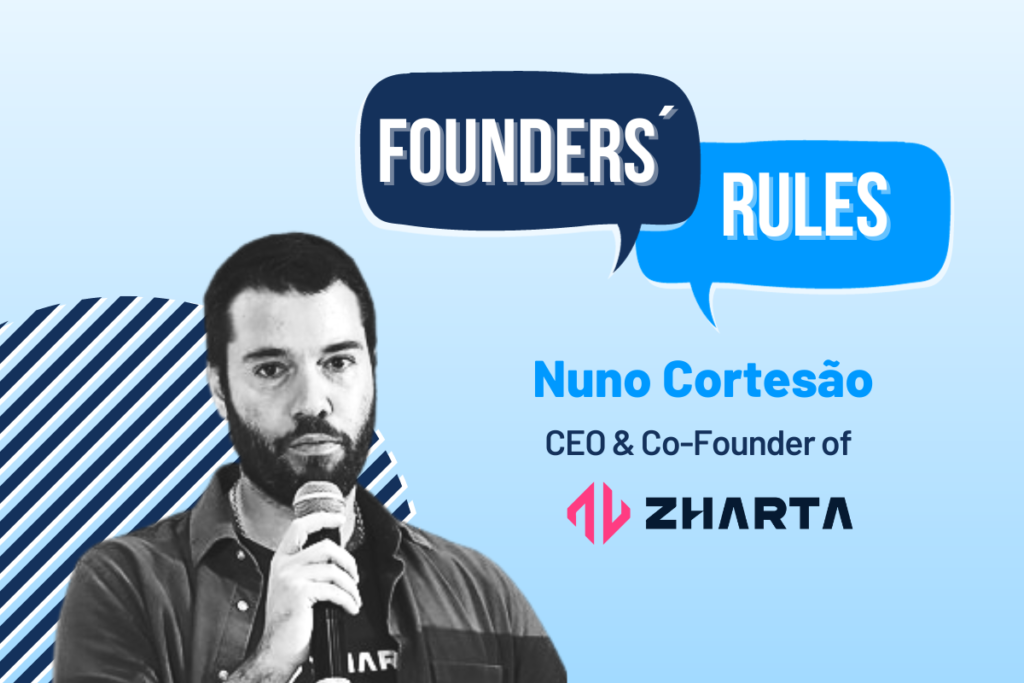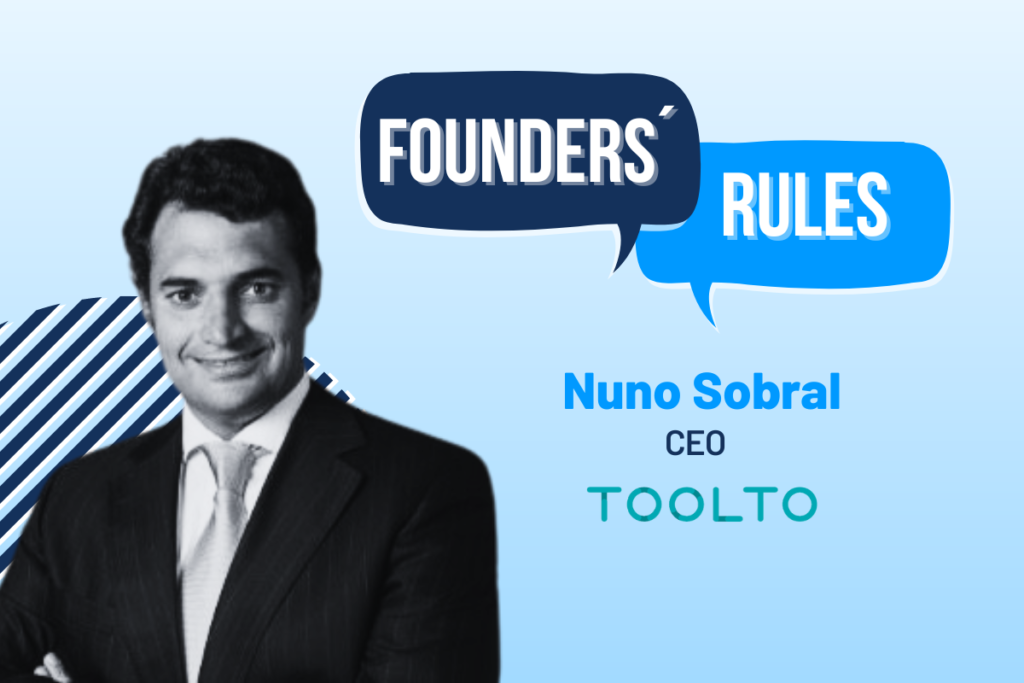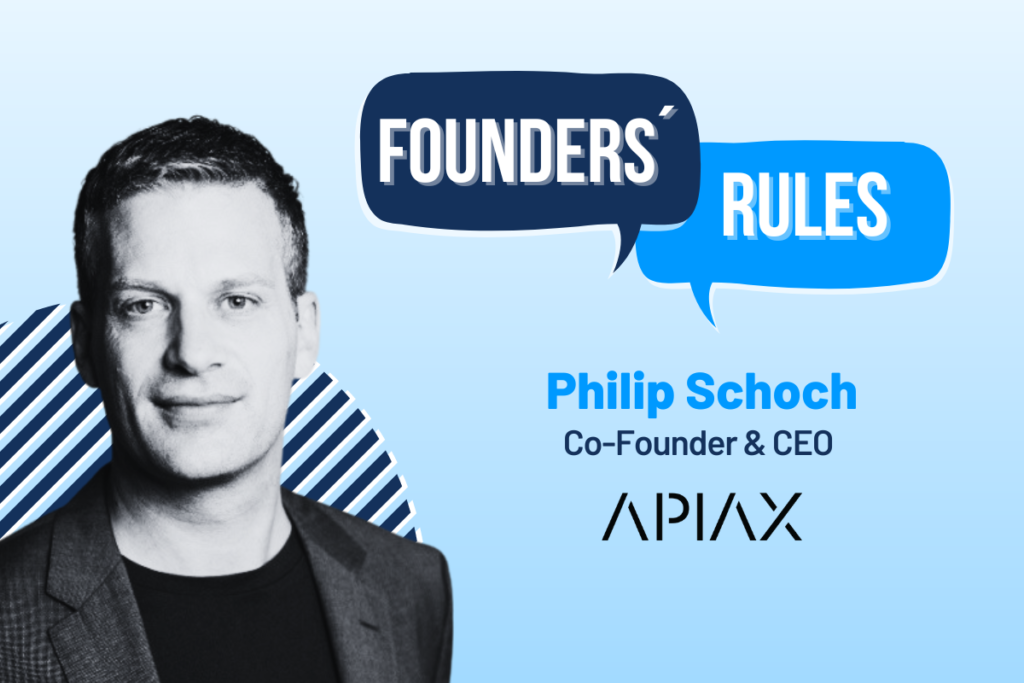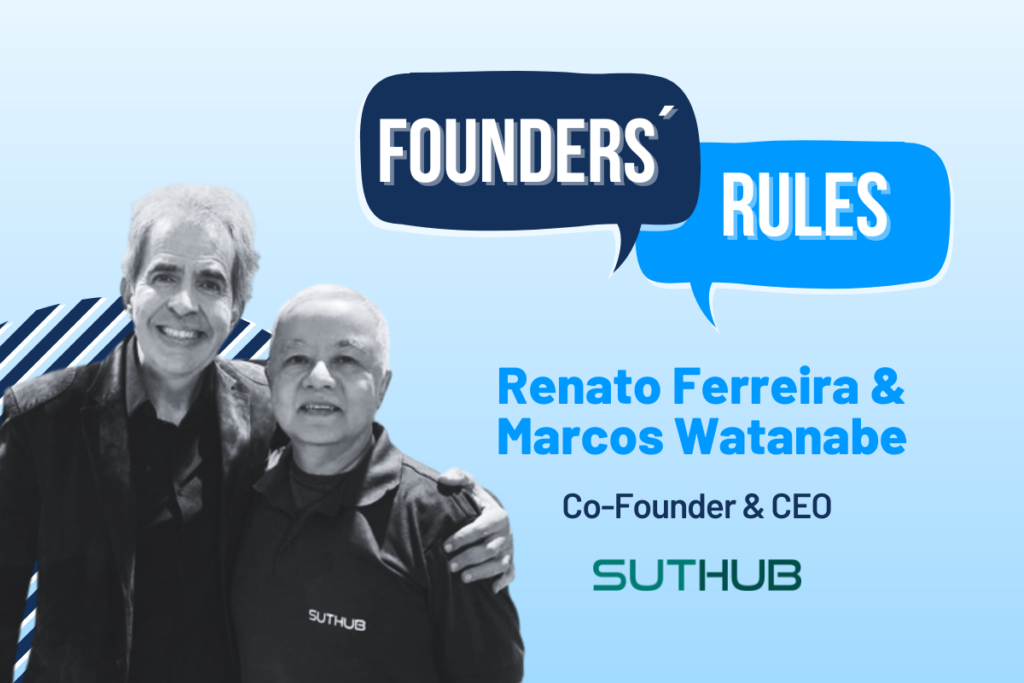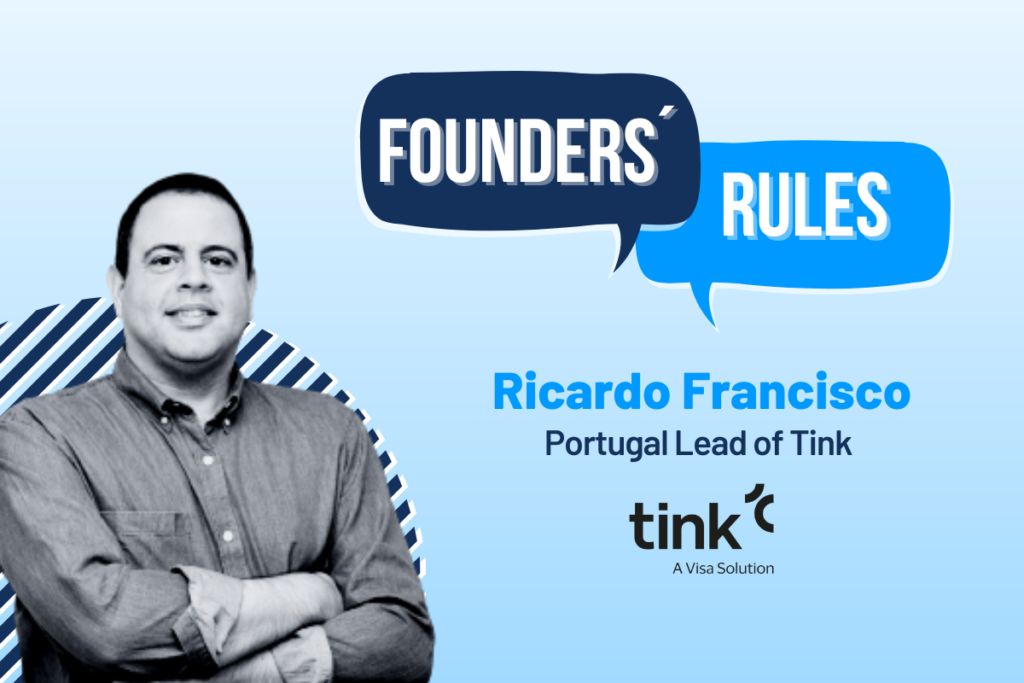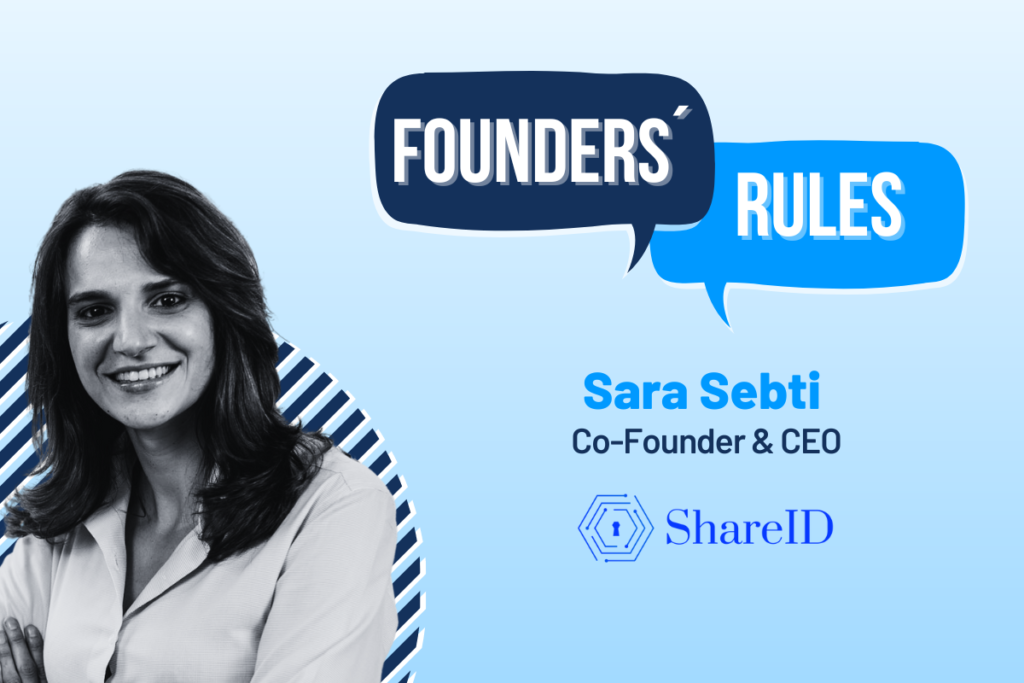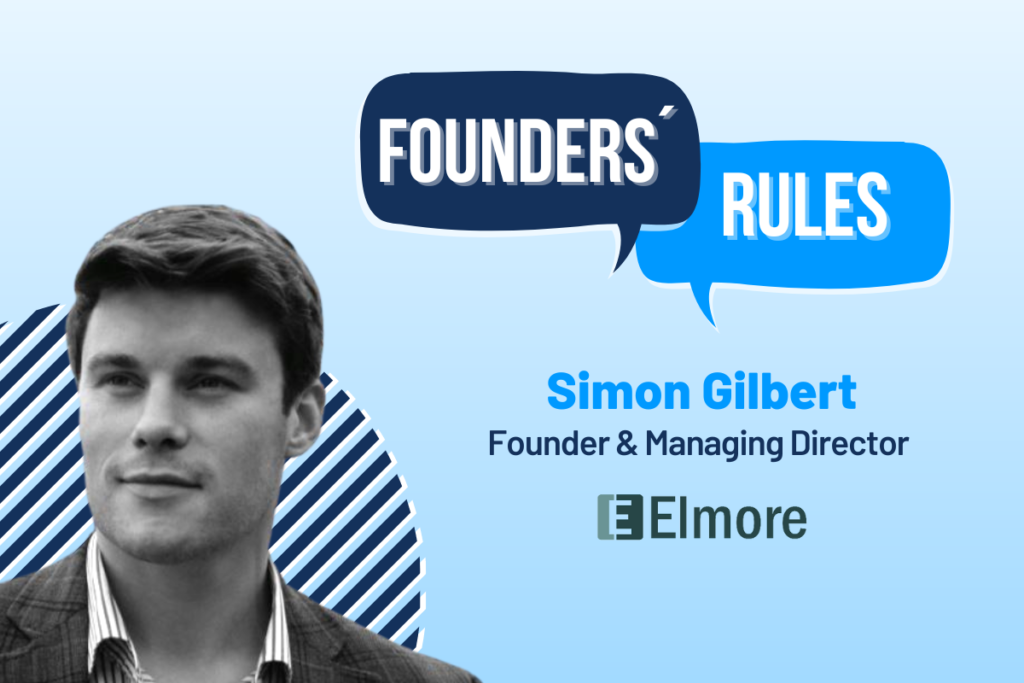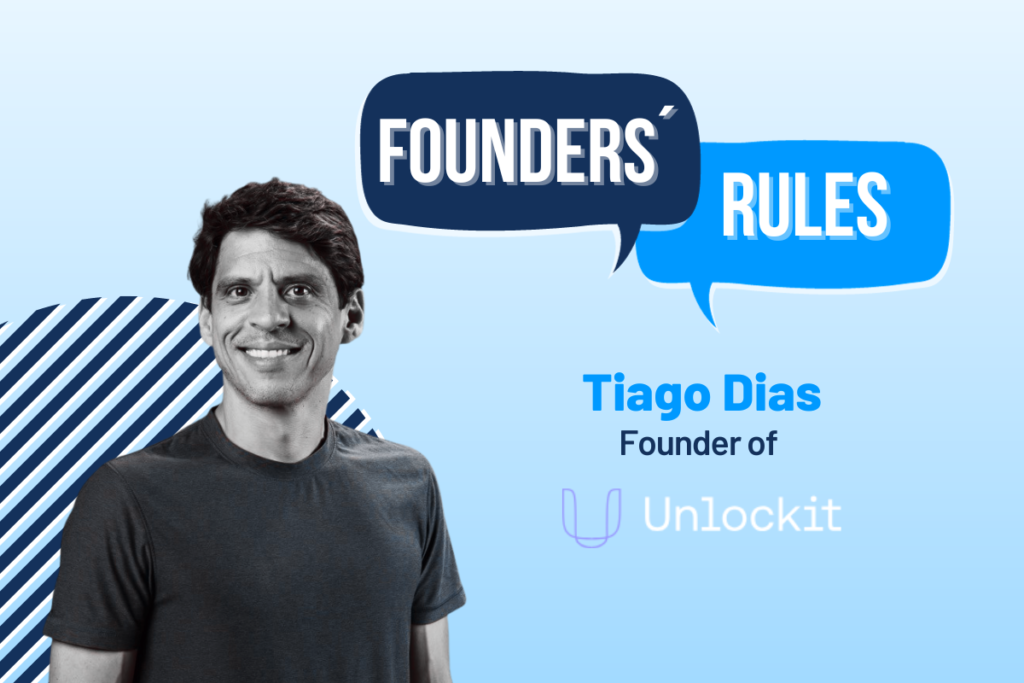[FH]: What were the biggest challenges you faced in the process of closing this round?
[NP]: We had a very big challenge because we targeted a high value of capital. We had to talk to a lot of people and explain to foreign investors why a Portuguese company needed so much money, and explain the purpose and the vision .
[FH]: What advice would you give to startups that are just beginning to get investment, what is the key feature to secure investment?
[NP]: It was the combination of several factors. You have to be very thorough in the preparation [of the round] because the investors are going to be very strict in everything such as in the presentation, in the way you speak and in the team. For this, you must collect as much feedback as possible, iterate and evolve until the point where you are ready. At the end of the process you have to be able to raise money from almost any investor.
A very important part is to go after the investors that matter and that will be able to invest, you can’t waste time with those who don’t want to invest in the fintech area.
In summary, you have to look at the process, it’s a long process that takes time, you have to refine it, you have to pay attention to detail and not think that investors won’t detect mistakes. Sometimes there is a red flag at the slightest flaw.
[FH]: How do you balance the preparation of the investment round with the project development?
[NP]: There are always two ways: there are entrepreneurs who prefer to create a very cheap MVP, present it, and when they raise money the goal is to improve the product, and us, who raised money with just a business idea and a team.
Our biggest investment was in the team, more than in the product, and we know that this is what made us raise money.
Investors were more concerned about who was behind the project and realized that we had a very complete team. At the end of the day, what they wanted to know was whether we were able to realize the idea. It is a much longer process when you raise money with just an idea.
We presented our areas of expertise and our ambition, we said “we know we are not a very technical team but the investment is also to hire a top CTO”. The 4 founders have completely different areas of expertise, and we are a very complementary team. We are people who had already had other startups, who had already made mistakes and learned, and that was very valuable.
[FH]: How do you think the pandemic has influenced how workers view compensation?
[NP]:The pandemic had several challenges for us. Initially, it reinforced our value proposition, since companies currently have several challenges they have to fight: first, global competition, since people can be in Portugal working for the rest of the world, then, the fact that people are telecommuting creates challenges in terms of structure, and engagement between the company and the employee.
The way we create impact, is giving the companies the ability to give more liquidity to employees. An employee that uses a Coverflex card doesn’t just use a meal card, it’s a whole concept, which links discounts, insurance, and so on. The salaries have become more competitive for those who use Coverflex versus those who don’t.
We had requests from companies that knew other companies that used Coverflex and felt threatened by them, they had candidates that asked if the company used Coverflex because it had important benefits for them. Other companies were failing to recruit because of compensation and were advised to use Coverflex.
The pandemic had dire consequences throughout society, but it helped us because it made companies look at the compensation issue.
[FH]: What advice would you give to someone who is trying to get into Coverflex?
[NP]: Have the will to change the world. The way our product is built is still a very idealistic way. Our team is made of people who want to have an impact, who are not settled. I often interview people, even between the ages of 40-50, and they say they don’t care so much about the paycheck, they want to be in a company with impact.
Our focus is on this main characteristic, this innate ability to be challenged, that you can contribute, that you can have an impact, we really want to contribute to improving the lives of companies and employees.
We have to look at people and realise, if you are someone whose workplace is just a workplace Coverflex is not the place for you to work
[FH]: What advice would you give to someone who is entering the fintech market now, with their startup?
[NP]: Something crucial is: your networth is your network, sometimes people lose track of how important this is. People often don’t realize the impact that opening your network has, even with small achievements, like going to a lecture in college.
An entrepreneur is always running around and wants immediate returns, doesn’t look at the long term, feels very isolated and isn’t able to do everything in the time he wants. There are some relationships that need to be built, networking is very important, and you can’t be afraid to talk to people.
Many times entrepreneurs are afraid to share their idea and to talk to other entrepreneurs, but that’s wrong, you should try to talk to all the people, talk to people on LinkedIn.
The biggest difference in successful people is this, they can look at their network and realize that this is the biggest asset they have.
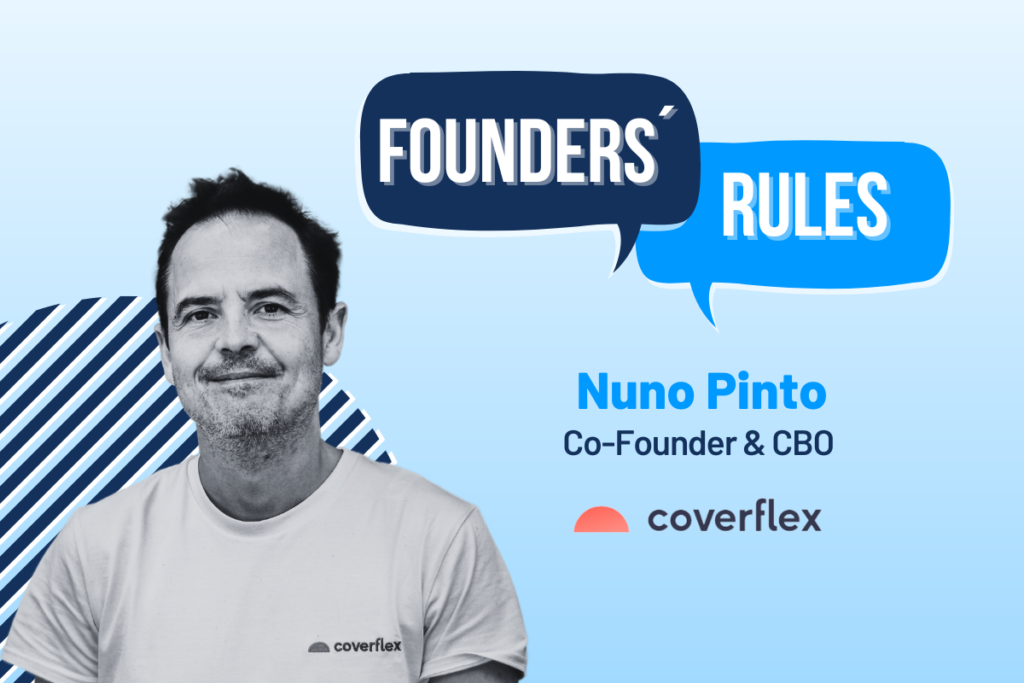
Nuno Pinto, Coverflex
Flexible Compensation with Nuno Pinto, Coverflex

